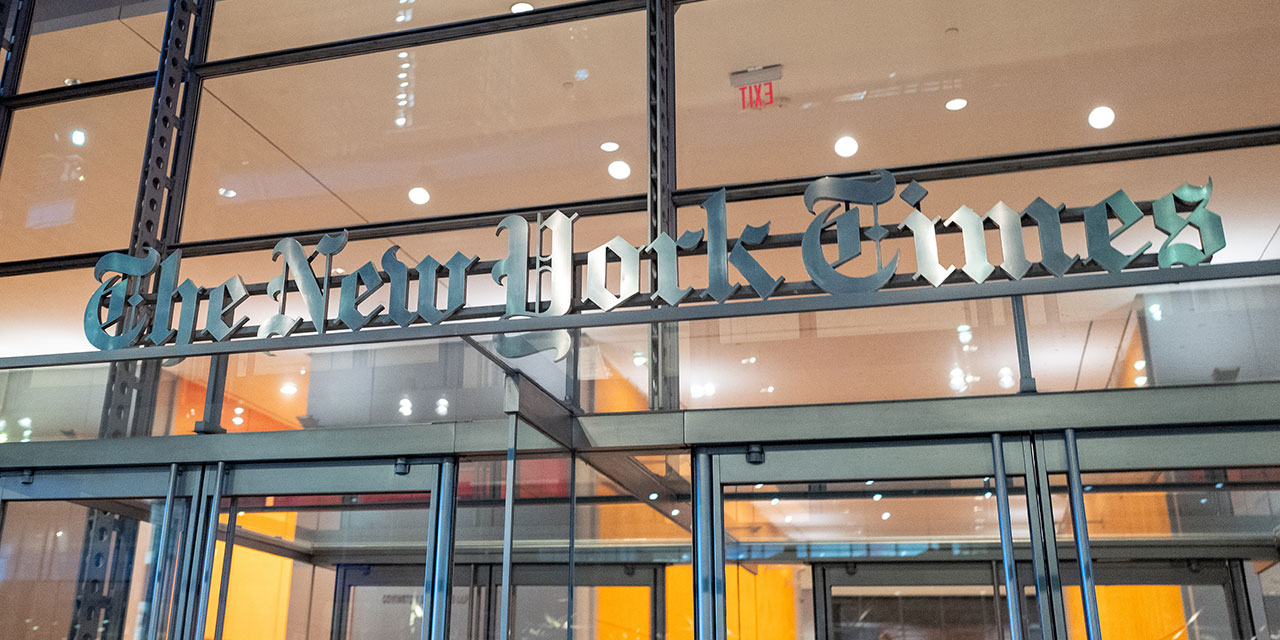Identity Politics Triumphs: A Shift in Modern Political Landscape
The Rise of Identity Politics in Modern Politics
In the whirlwind of modern political discourse, one term often stands out: identity politics. It’s like that catchy song you can’t get out of your head, and whether you love it or hate it, there’s no denying its influence. But what is identity politics, and why does it seem to be shifting the very foundation of our political landscape? Grab a cup of coffee, settle in, and let’s unpack this intriguing phenomenon together.
Understanding Identity Politics
What Exactly Is Identity Politics?
At its core, identity politics refers to political stances that are based on the interests and perspectives of social groups defined by various attributes, such as race, religion, gender, or sexual orientation. Think of it as a group standing up for their unique experiences and rights. You know how it feels when something you really care about is overlooked? That’s pretty much what identity politics is—it’s about voicing those concerns and seeking recognition.
Some Key Points on Identity Politics:
- It’s rooted in the idea that people from specific social groups have unique challenges.
- It seeks to amplify the voices of those who historically have been marginalized.
- It can be both a unifying force and a divisive factor in political discussions.
The Historical Context
Although identity politics might seem like a modern buzzword, its roots dig deep into history, stretching back to the Civil Rights movements of the 1960s. This was when marginalized groups began organizing around their shared identities to advocate for rights and representation. Think of it as the opening chapter of a book that has now evolved into a complex narrative involving various storylines, each representing different social groups fighting for their space in the political arena.
Brought into the spotlight during the feminist movements, LGBTQ+ rights, and racial justice organizations, identity politics has truly reshaped how we approach politics today. Suddenly, it’s not just about political parties and policies; it’s also about personal stories and societal experiences.
The Modern Shift in Political Landscape
Why Identity Politics Matters Now
Have you noticed how conversations around political issues often tug at emotional strings? That’s because identity politics has injected a new level of personal connection into public discussions. No longer are we merely debating abstract policies; we’re talking about real lives and their struggles.
Here are a few reasons why identity politics now holds a significant place in modern politics:
-
Increased Awareness: The advent of social media has empowered many voices to be heard. Groups that were previously sidelined can now spotlight their issues, leading to a greater collective consciousness.
-
Youth Engagement: Younger generations tend to embrace identity politics more actively. They often see the world through a more inclusive lens, seeking justice for various marginalized identities.
-
Political Representation: More politicians are stepping forward who identify with specific social groups, bringing fresh perspectives to legislative processes. Do you remember when we started seeing diverse politicians in high positions? That’s an outcome of this shift!
Navigating the Complex Terrain
Of course, the rise of identity politics isn’t without its challenges. It can sometimes lead to divisions, as groups may feel pitted against each other, vying for attention and resources. It’s like a schoolyard where various groups are fighting for the top spot on the popularity chart. While that can lead to beautiful conversations and collaborations, it can also foster discontent and misunderstanding.
To navigate this complex terrain, it’s essential to embrace constructive dialogue. Instead of focusing solely on differences, discussions should highlight shared values and concerns. Imagine a team where everyone brings unique skills to the table—when they come together, the outcome can be extraordinary.
The Double-Edged Sword of Identity Politics
Unifying Force or Divisive Factor?
Identity politics can be seen as a double-edged sword. On one end, it brings together individuals who share experiences, fostering solidarity and community. On the flip side, it can create “us vs. them” mentalities, which may stir up tensions between different identity groups. Have you ever heard someone say, “If you’re not with us, you’re against us”? That sentiment can sometimes seep into political discussions.
Let’s look at both sides:
-
Unifying Aspects:
- Encourages collaboration among similar groups.
- Promotes shared stories that resonate on a human level.
- Fosters community activism and advocacy.
-
Divisive Aspect:
- Can create silos where people ignore outside perspectives.
- Risk of overlooking issues affecting the broader community.
- Potential backlash against perceived favoritism.
Bridging the Gaps
To mitigate the divisive impacts of identity politics, it’s essential for activists, politicians, and citizens to make an effort to bridge gaps. One way to do this is through intersectionality. Coined by Kimberlé Crenshaw, intersectionality refers to how different aspects of a person’s identity overlap and intersect, affecting their experiences and opportunities.
This concept encourages us to look beyond single-issue politics and consider how various identities interact in shaping one’s political narrative. For instance, a Black woman may face challenges distinct from those experienced by a Black man or a white woman due to the convergence of race and gender. Such an understanding cultivates empathy and promotes dialogue that honors the multifaceted nature of individual experiences.
The Role of Media and Technology
Amplifying Voices
Social media and digital platforms have revolutionized the way identity politics is expressed and perceived. Platforms like Twitter, Instagram, and TikTok have become battlegrounds for ideas, stories, and movements. Think about the last time you scrolled through your social media feed and stumbled upon something that sparked a conversation—chances are, it had to do with identity politics.
Key Effects of Media on Identity Politics:
- Direct Communication: Individuals can share their experiences and ideologies without filters and gatekeeping from traditional media.
- Viral Movements: Hashtags and campaigns can lead to rapid awareness and mobilization around specific identities or causes (e.g., #BlackLivesMatter, #MeToo).
- Diverse Narratives: New platforms allow for varied stories that connect people and raise awareness beyond mainstream narratives.
The Dark Side of Technology
However, like a well-worn path that eventually becomes overused, the digital landscape can also lead to echo chambers. People tend to follow and engage with those who share similar beliefs, which can further entrench biases and create an insulated environment. Thus, while technology can be a catalyst for change, it can also reinforce divisions if left unchecked.
The Future of Identity Politics
A New Political Landscape?
So, what does the future hold for identity politics? Honestly, it’s like trying to predict the weather in spring—sunshine one moment and drizzles the next. However, one trend is clear: identity politics isn’t going away anytime soon. Its growth seems an inevitable part of modern political discourse, and recognizing its importance can lead to a more inclusive future.
As we move forward, we may see:
-
Increased Representation: A growing number of politicians and leaders from diverse identities are stepping onto larger stages, advocating for their communities.
-
Coalitions Forming: Different groups may unite around shared issues, leading to broader coalitions that address systemic injustices.
-
Evolving Dialogue: Continued conversations around intersectionality can reshuffle how we think about politics, making it more inclusive and multifaceted.
Conclusion: An Ongoing Narrative
In summation, identity politics is more than just a buzzword; it’s a vital part of how we engage with political discourse today. It encapsulates the stories, struggles, and victories of various groups, forming an intricate tapestry that speaks to the diverse experiences of our world. While it brings challenges and potential divisiveness, the opportunity for growth, understanding, and camaraderie is tremendous.
As we continue navigating this ever-evolving landscape, it’s crucial to remember that politics is ultimately about people. And whether we identify with a particular group or not, our shared humanity is a powerful common ground.
FAQs
1. What are the main criticisms of identity politics?
Critics argue that identity politics can foster divisiveness and overshadow broader issues affecting society as a whole, leading to “us vs. them” mentalities.
2. How can identity politics be a unifying force?
When people from similar backgrounds unite to advocate for their shared interests, they can create powerful movements that promote social justice and equity.
3. What role does social media play in identity politics?
Social media amplifies voices from various communities, enabling them to share their stories and mobilize support but can also create echo chambers.
4. Are there alternatives to identity politics?
Some suggest focusing on class or issue-based politics that cut across identities as a way to address broader social concerns without emphasizing divisions.
5. How does intersectionality fit into identity politics?
Intersectionality recognizes that individuals have overlapping identities that shape their experiences, emphasizing the need for inclusive discussions that account for multiple perspectives.







